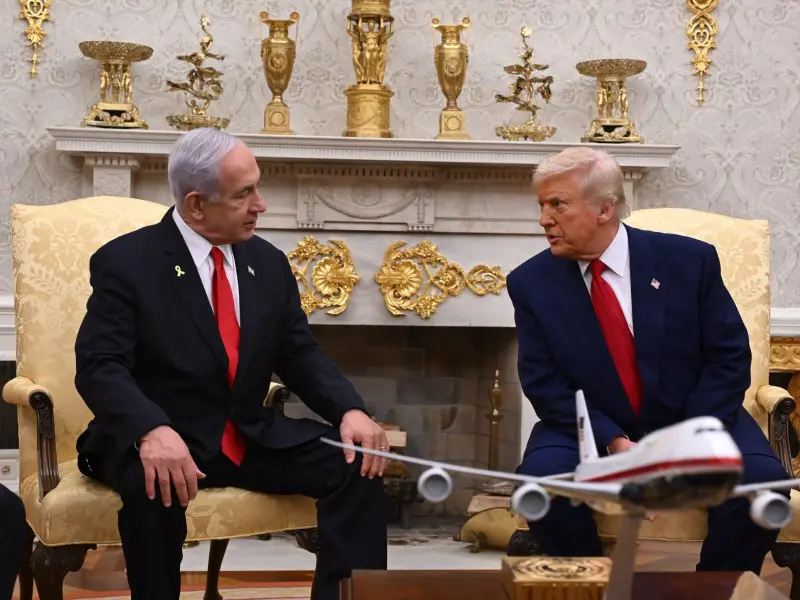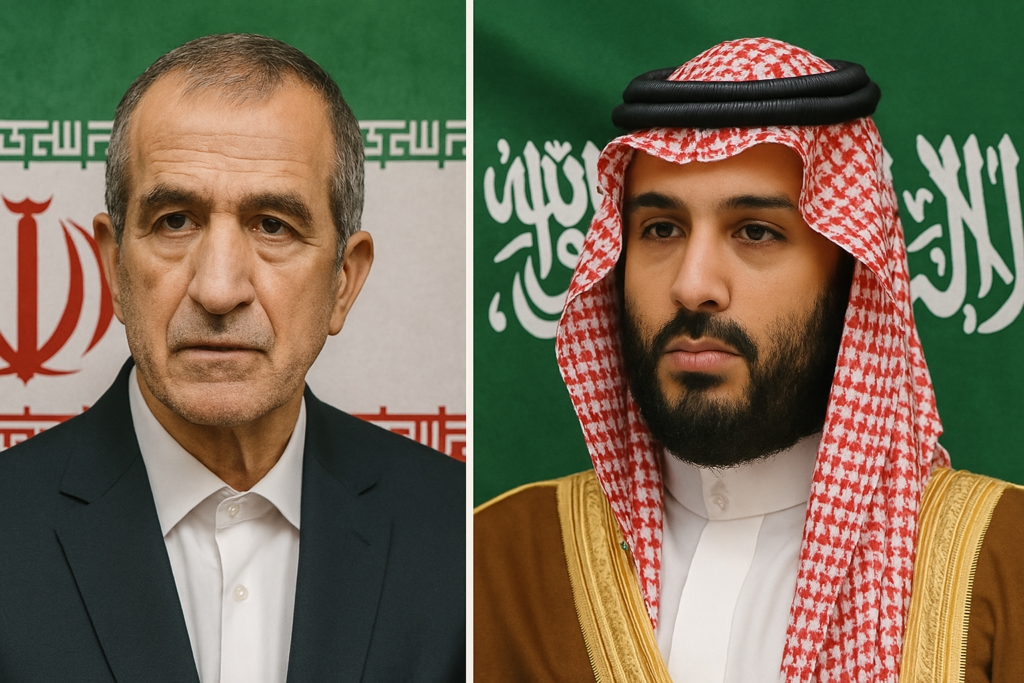Israel has significantly escalated its military campaign in southern Gaza, launching a major ground operation into Rafah following an intense overnight wave of airstrikes. The Israel Defense Forces (IDF) confirmed that the 36th Division—a key armored and infantry force—entered southern Gaza early this morning as part of an ongoing effort to dismantle Hamas’s remaining infrastructure and secure new territory for Israel’s expanding security zones.
The move follows continued refusals by Hamas to release the remaining 59 hostages, and growing intelligence that the terror group has been using Rafah and nearby areas as hiding grounds for its senior commanders, weapons stockpiles, and tunnel networks.
“Our goal is clear,” said Defense Minister Israel Katz. “We will clear Rafah and Khan Younis of terrorists and infrastructure, and we will take control of key strategic territory. This land will be added to Israel’s security zones to ensure our citizens are never again threatened from Gaza.”
Evacuation Orders and Advance on Rafah
The IDF issued evacuation orders on Monday for all residents of the Rafah area and a broad stretch of land between Rafah and Khan Younis—a territory that had until now seen limited IDF ground presence. The military used leaflets, phone calls, and text alerts to direct civilians to designated humanitarian zones in the central Strip, underscoring Israel’s effort to minimize civilian casualties despite Hamas’ continued use of human shields.
Palestinian media outlets reported heavy strikes overnight in both Rafah and Khan Younis, with the sound of artillery and air raids continuing into the morning. Ground forces, including tanks and infantry units from the 36th Division, are now advancing deeper into Rafah in a coordinated operation to root out entrenched Hamas fighters.
Strategic Expansion of Security Zones
Today’s operation represents a strategic shift in Israel’s conduct of the war: not just to neutralize threats, but to seize permanent control of key areas along the southern border with Egypt. By controlling the territory from Khan Younis to Rafah and securing the Philadelphi Route—a smuggling corridor long exploited by Hamas—Israel aims to permanently cripple Hamas’ logistical and military capabilities.
This expansion builds on the previously established Netzarim and Morag corridors in central and southern Gaza, forming a network of Israeli-controlled zones designed to prevent any future resurgence of terrorism from within the Strip.
A Direct Response to Hamas Defiance
The timing of the new ground incursion comes amid the collapse of hostage negotiations. Hamas has continued to stall and manipulate the talks, demanding disproportionate concessions and failing to release even basic information about the hostages’ condition. Intelligence assessments indicate that some hostages may have been moved to Rafah, and possibly hidden among civilian homes or smuggled through tunnel networks toward Egypt.
“We will not allow Hamas to use diplomatic delay tactics while it re-arms and repositions,” an IDF spokesperson stated. “The time for talking is over. The time for action is now.”
Israel’s Justified Self-Defense
Israel’s expanded military operations are a direct response to the unprecedented October 7 massacre, in which over 1,100 Israelis were slaughtered in a terrorist rampage orchestrated by Hamas and supported by other factions in Gaza. Since then, Hamas has not only refused to surrender or disarm but has continued to hold Israeli civilians hostage and launch attacks from densely populated areas.
By taking control of Rafah and the surrounding corridor, Israel is not merely responding to terror—it is preventing its future reemergence.




